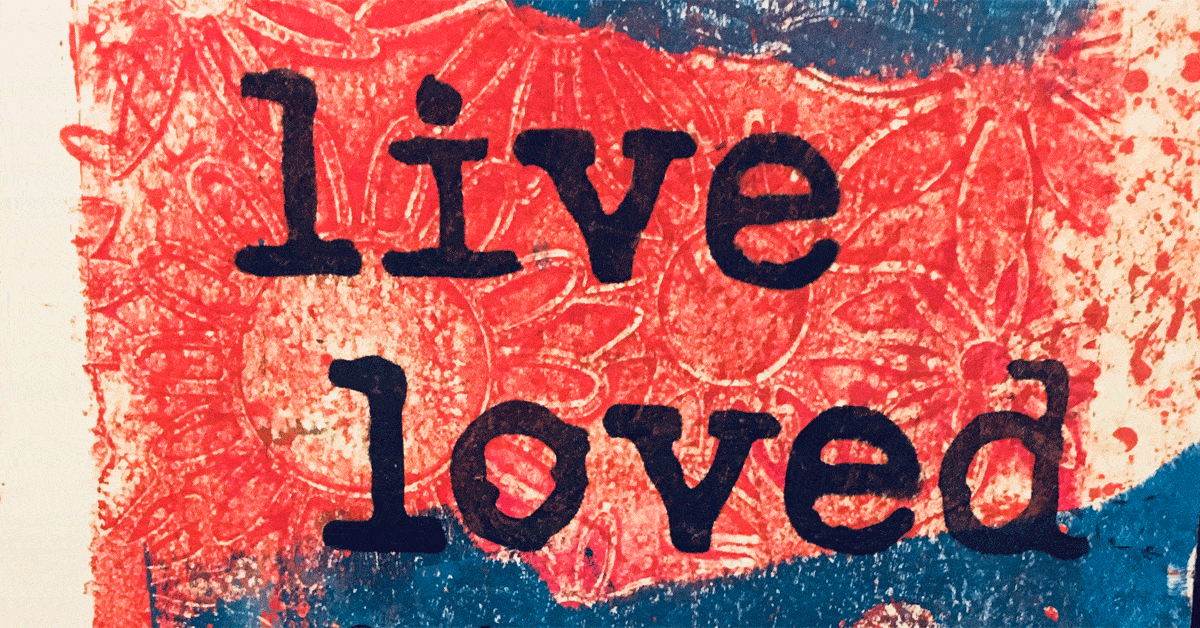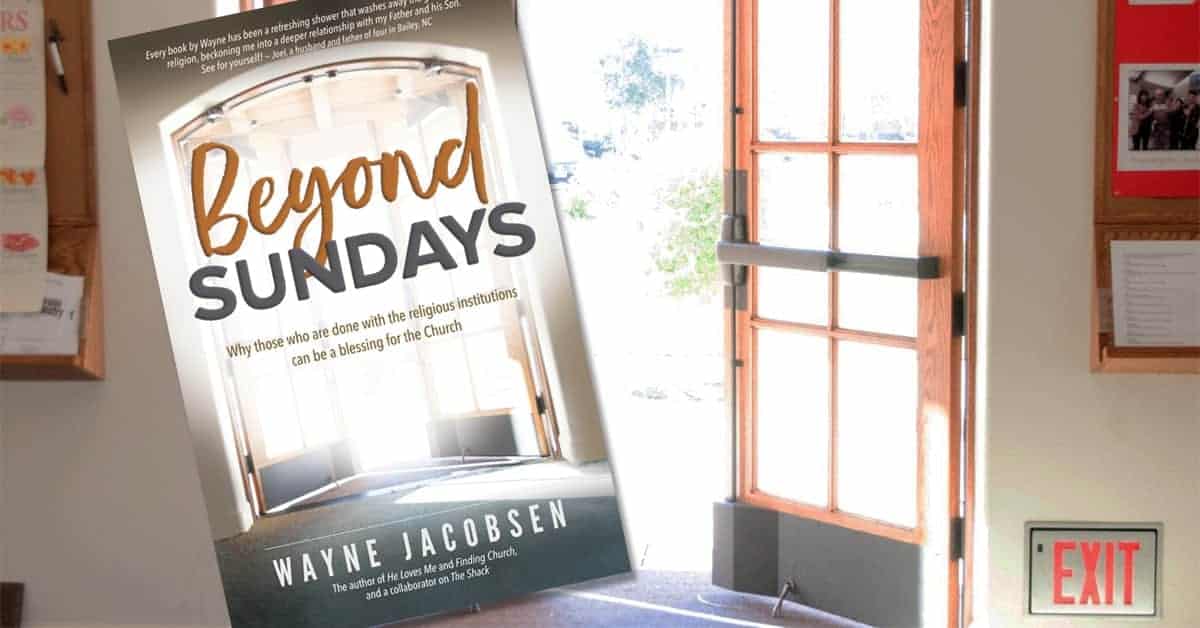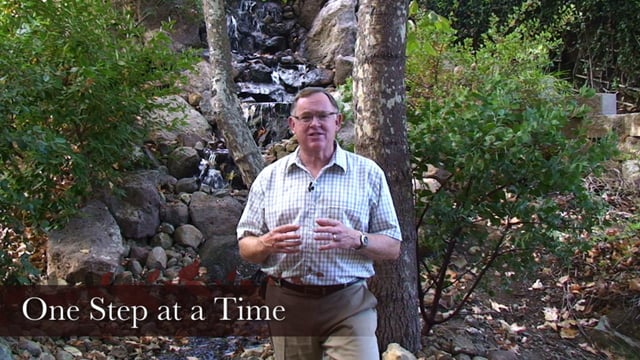The first time I heard it was after it had come out of my mouth. But I’ve been thinking about it a lot since. I was asked to speak at a local fellowship in Boise on Sunday morning last week. I asked them if they’d be more open to a conversation instead of a lecture, and though they hadn’t done it before they were game enough to give it a try. You gotta love their courage. In the course of that conversation about learning to live loved I was asked a question about overcoming sin. And I said something to the effect of, “I’m coming to see sin as a coping mechanism for not knowing we are loved by God.” I’ve talked about that idea with a number of people since and it seems to resonate with people, even a main-line denominational pastor here locally with whom God is giving me a growing friendship. He told me later he almost quoted it last Sunday in his sermon.
I don’t know if it’s a great definition for sin, but what I like about it is that if it’s a coping mechanism then we there’s no way we can consider trying to fix it by strength of will alone. If it is what we do because we don’t know we’re loved, then growing to know we’re loved is the only thing that love fills up the empty space than sin so poorly tries to fill. At least that has been my experience. I navigated most of my life as if I was not loved by God and thus had to earn his favor every day. Since I’ve been growing in the awarness of his affection for me, I find that the same old temptations and motivations have been displaced somehow. They just aren’t there any more, and I’m the one who is most surprised. That doesn’t mean I’ve got it all figured out and live flawlessly now. Just ask some of the folks closest to me if you doubt that. But I am not the same person I used to be and that gives me how that he is still changing me.
In the past I was taught to attack sin by overcoming it by sheer strength of will. I could do that for most things. But I found like Paul the Apostle did, that self-righteousness is not righteousness at all. While it doesn’t violate as many of the commandments, it only channels our sinful heart to religious arrogance, where we seek spiritual status above others and condemn those who do not perform as well as we do. Paul reminded us that legalistic righteousness makes us the worst of sinners because of how destructive we become to others.
When love displaces sin, there is no room to boast in our own works. Not only does that love begin to transform us from the inside out, but it also leaves us more gentle and compassionate with others who do not yet know how deeply loved by God they are.
When you see your sin the way God does, you are not filled with shame and contempt. You see it as something damaging to you and people around you, but you know only he can set you free from it. His love does that. Grace is not an excuse not to be concerned about our sin and the damage it causes, but it is a portal into the relationship with God that can set us free from it’s power. When you know that, you’ll resist what you can, but you won’t put your hope in your performance. It is Christ in us that gives us hope that our lives can bear his glory in the world.
I come away from every encounter with him having a greater desire to know and to rely on the love he has for me, and share it as freely as I can with the world around me.
(The latest Engage Video talks more about dealing with sin inside a relationship of affection with God. It is not what many of us have been taught about God and our sin. It’s called What About Sin? and you can find it toward the bottom of this page.)
• • • • • • •
In other news, I’m two and a half chapters into my next book, Finding Church: What If There Really Is Something More? and I couldn’t be more excited as to how this book is coming together. As I’ve shared bits of it with some people, I have appreciated the feedback and excitement I hear in their voices. So, I’m keeping my nose to the grindstone this fall and trying to get it done as soon as possible. That means I’ll be limiting my travel this fall and not doing as many podcasts.
There are seven slots left for our February trip to Israel. If you are still considering it, now is the time to jump in. You can get all the details here. I know many people have security concerns with all that’s going on in the Middle East these days, but we are with a tour company that takes this into consideration all the time. Each morning the get briefings on the situations around Israel and even reroute the itinerary if there are potential hotspots. And, if it is not deemed safe to go at the time we’re planning, we will reschedule it for a better time. Tour groups like this are in Israel all the time. Everyone in the region understand that tourism is a major driving force in the economy for all concerned and have not been targets for violence in the past. I wouldn’t be taking my wife there if i wasn’t certain that it will be safe and secure for all.
The Sunday morning presentation I referred to earlier in the blog can now be found here. If you want to hear a Q & A presenation I did for the Aphesis group on Saturday night when I was in Boise, you can find it here.







Twas Grace that taught my heart to fear and Grace my fears relieved. Thank you Jesus
Twas Grace that taught my heart to fear and Grace my fears relieved. Thank you Jesus
The Sunday morning presentation can now be found here.
The Sunday morning presentation can now be found here.